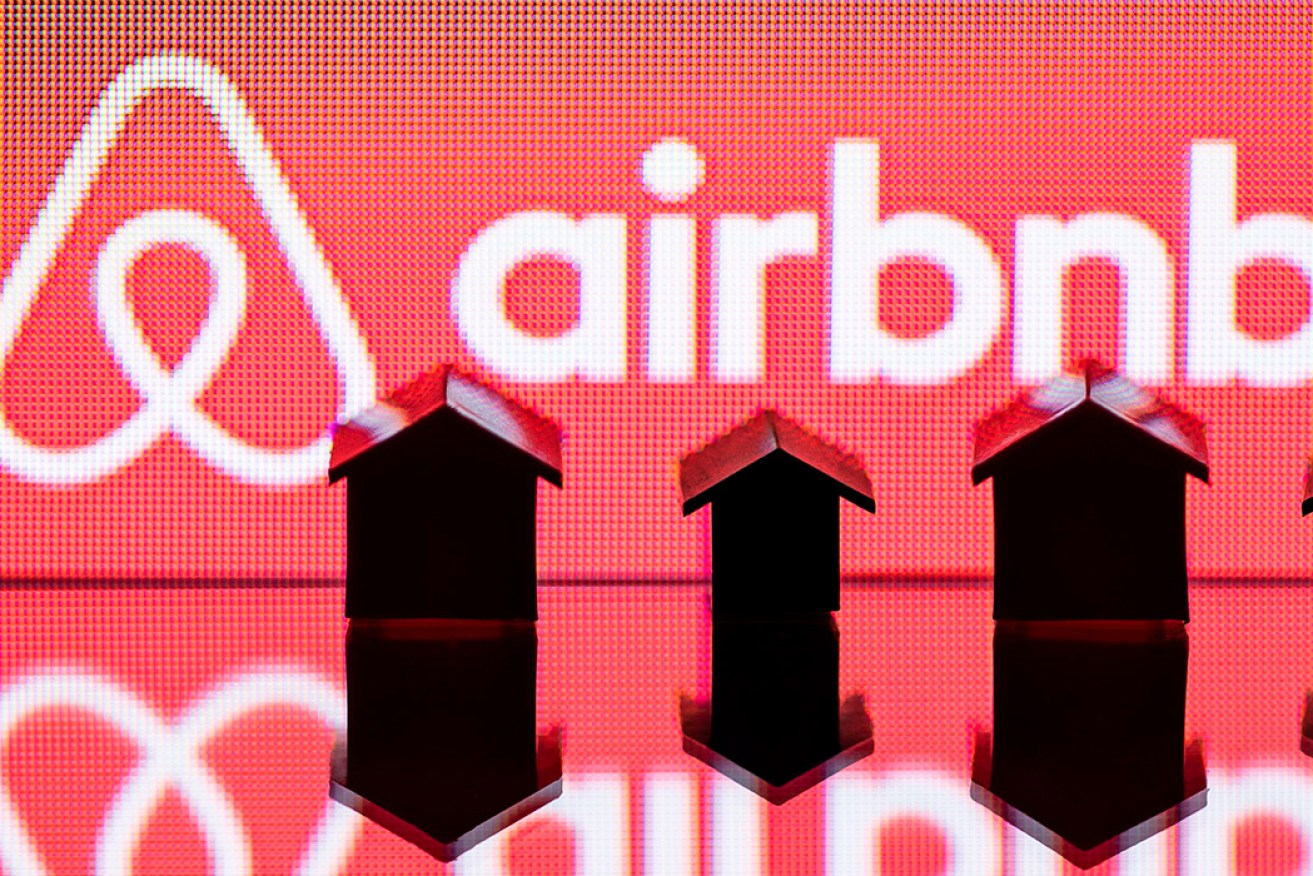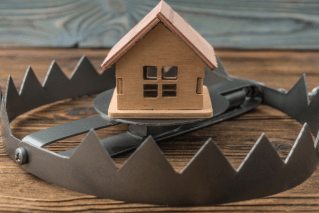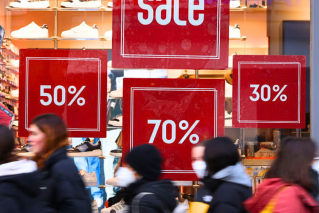How Airbnb is putting pressure on rent prices


Airbnb has been fined for failing to indicate its prices were listed in US, not Australian dollars.
New modelling from the Reserve Bank shows Airbnb is having a definite effect on rental prices despite the company’s assertions its business model doesn’t affect Australia’s housing market.
University of Sydney professor Peter Phibbs said the “sharp link” between rents and vacancies rates – highlighted by Monday’s RBA report – demonstrated that home-share services like Airbnb are influencing the housing market.
“Airbnb spends a lot of time saying they have no impact on markets. What this paper shows is that they do,” he said.
The RBA report found that vacancy rates are the “strongest predictor” of rents, Professor Phibbs said, and while that in itself seems “pretty obvious”, it also shows the conversion of long-term rental stock into Airbnb-style tourist accomodation is reducing rental stock, and subsequently reducing vacancy rates.
“What the Reserve Bank is showing is that you can’t be a bit pregnant; if you’re actually impacting vacancy rates by reducing long-term rental stocks, then you’re going to have an impact on rents and the housing market,” Professor Phibbs said.
“Hobart is the standout because they have the lowest vacancy rates in the country and they’ve probably also got the highest uptake of Airbnb.”
It’s not the first time Airbnb has come under fire for its effect on rents either, with affordable housing advocate Anglicare sounding the alarm in May after its research found rents in tourist hotspots (including Hobart and NSW’s north coast) had seen a “rapid decline” in affordable rental options.
A separate study conducted by the Australian Housing and Urban Research Institute even found up to one in seven rental homes in popular inner city and beachside cities had been converted from long-term rental properties into short-term accommodation.
Airbnb, however, said the report was “deeply flawed”.
Investor demand creating ‘feedback’
The RBA’s report also explored the relationship between investor speculation and house prices, and found that a 2.5 per cent dip in expected capital appreciation would be enough to reduce house prices by a third in the following five years.
University of Queensland economics lecturer Cameron Murray said this had helped drive price gains in Sydney up until early 2017.
“A lot of those gains were lower interest rates and the feedback of further expectations for capital growth, and that’s what [the RBA’s] current modelling and analysis suggests,” he said.
“This is why you get these speculative periods. And while [the RBA] don’t go on about it, they do mention there are feedbacks in the market that if you expect capital appreciation to go up from 3 to 5 per cent next year, that can have an effect on house prices of more than a 30 per cent increase.”








